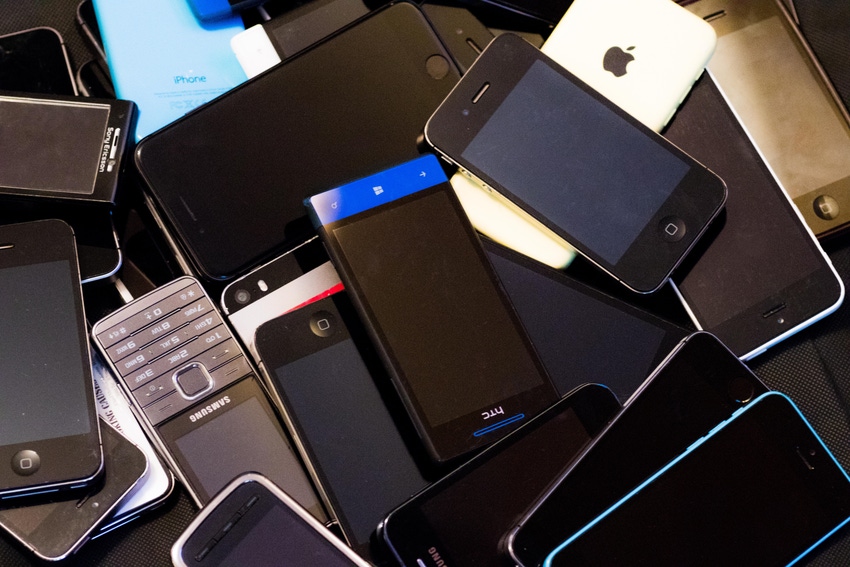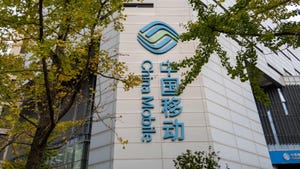In mobile, ACP's downfall would weigh heavier on MVNOs and wholesale
New Street's new, mobile focused study on the potential financial impact of the Affordable Connectivity Program's demise shows higher exposure in the fragmented MVNO sector and a wrinkle in wholesale revenues at AT&T and T-Mobile.

Mobile operators will feel a financial twinge if the FCC's Affordable Connectivity Program (ACP) is shut down this spring, but the cut won't cause extreme bleeding when it comes to subscribers, revenues and EBITDA (earnings before interest, taxes, depreciation and amortization). Those are the findings in a New Street Research study that follows similar analysis of the potential impact on the wireline sector if ACP is discontinued.
Mobile ACP recipients are heavily weighted towards the nation's fragmented group of mobile virtual network operators (MVNOs), a situation that might put pressure on large mobile network operators, particularly T-Mobile and Verizon, depending on how their MVNO customers react if and when the program is shut down.
The "direct retail exposure to the three national carriers [AT&T, T-Mobile and Verizon] and Dish is relatively small," as 60% of the 12.05 million ACP beneficiaries in the mobile group get service from MVNOs, New Street Research analyst Jonathan Chaplin noted in the report.
Chief among those MVNOs is Excess Telecom (1.77 million ACP recipients), along with others such as Q Link (1.23 million) and Maxsip Telecom (1.04 million).

ACP's emphasis on the MVNO sector, in turn, "creates some additional risk to Wholesale revenues," Chaplin pointed out.
He predicted that the biggest impact in that area will be on T-Mobile (6.42 million subs, or 87% of that total), and AT&T (929,000 subs, or 13%), with no impact on Verizon and Dish in that category.
Turning to financials, ACP-related wholesale revenues and EBIDTA for T-Mobile are about $617 million and $524 million, respectively, compared to $89 million and $76 million for AT&T.
Weighing the risk
When the MVNO and direct subscriber exposure is combined, New Street's preliminary estimates show that the four big carriers – T-Mobile, AT&T, Verizon and Dish – are at risk of losing between 100,000 to 200,000 subscribers, in the range of $150 million to $300 million in revenues and $100 million to $200 million in EBIDTA, if ACP were to go away.
According to New Street, here's how those risk estimates break down by operator:
Verizon: $286 million in revenues, $214 million in EBIDTA and 156,000 subs
AT&T: $200 million in revenues, $149 million in EBIDTA and 109,000 subs
T-Mobile: $307 million in revenues, $229 million in EBIDTA and 168,000 subs
Dish: $154 million in revenues, $115 million in EBIDTA and 84,000 subs
"The retail impact is immaterial for all three national carriers, though it is material for Dish," Chaplin wrote. "Once we fold in the risk to wholesale revenues, the EBITDA at risk is more material for T-Mobile, but still immaterial to Verizon, and AT&T."
New Street's analysis assumes that 50% of ACP recipients who were new subscribers will keep their services, with the remainder cutting service or switching to a different provider.
Among those who added new lines of service via ACP, the current study assumes 25% will keep the additional line without the subsidy; 25% who obtained a new product from the operator through ACP will continue to purchase additional products without the ACP benefit; and 25% who moved to a higher, more expensive tier via ACP will keep it.
Chaplin said the basis of New Street's estimates could change once the firm completes a survey of ACP beneficiaries.
Read more about:
ACPAbout the Author(s)
You May Also Like












